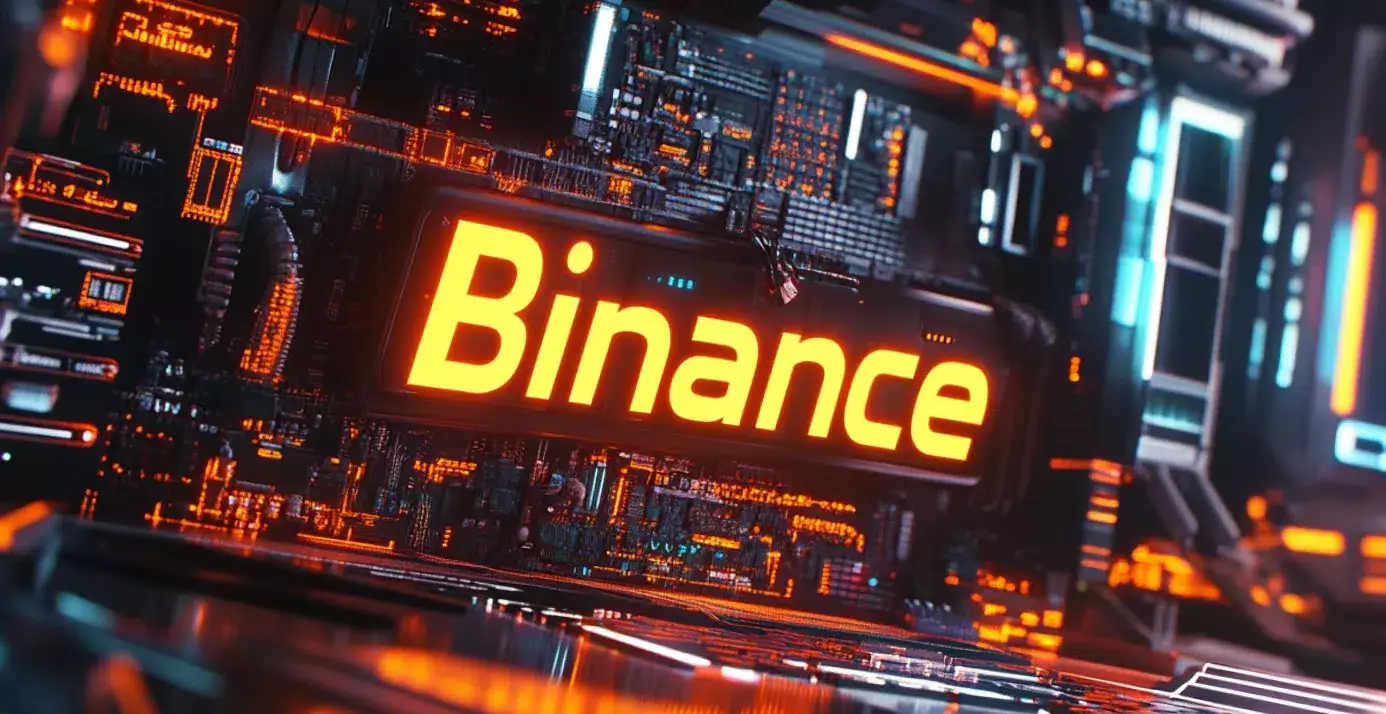In a bold move, Binance has launched a “Vote to Delist” feature, giving its users the power to have a say in which tokens get the axe. While this initiative may seem like a breath of fresh air for decentralized governance, we must consider the ramifications that it may bring, particularly in a market already on thin ice. Allowing the community to vote on the removal of tokens could lead to hasty decisions driven by fear and speculation, rather than solid financial analysis. It’s not an ideal scenario when uninformed decisions can affect the overall market landscape.
The Risk of Groupthink
Token holders are often emotionally invested in their decisions. Encouraging voting on which cryptocurrencies to delist might initiate a herd mentality, particularly in a market prone to volatility. Imagine a situation where token prices are influenced by emotional reactions rather than fundamentals—a catastrophic cycle driven by the anxiety of the masses. Groupthink doesn’t always yield rational choices; in such environments, panicked decisions could lead to a cascading effect of delistings that harms both investors and the market as a whole.
Potential for Manipulation
The voting system is predicated on having a verified account and maintaining a minimum balance of BNB, theoretically providing some structure. However, this opens the doors to potential manipulation. Whales—those with large holdings—could easily sway the votes to protect their interests, pushing smaller, weaker projects out of the marketplace. This behavior expands the already troublesome wealth gap in cryptocurrency space that prioritizes quantity of holdings over the quality of projects.
Delisting and Market Reaction: A Double-Edged Sword
When Binance removed tokens like Monero and Filecoin in the past, it sent shockwaves through the markets. The recent announcement regarding the delisting of five cryptocurrencies caused a notable plunge in prices, raising the question: what happens next? When cryptocurrencies fall victim to sudden delistings, it triggers widespread panic, pushing investors toward a fire sale. The aftermath of ill-timed or perceived unfair delistings can deepen market downturns, leading to further instability.
The Illusion of Community Power
While Binance positions this initiative as a way to grant “greater voice” to its users, it remains evident that the ultimate authority lies with the exchange. The community votes will serve as mere recommendations, coupled with a review process that considers many factors—including liquidity and trading activity. This suggests that while Binance presents an image of democracy, they still wield significant control over which projects ultimately survive or are consigned to oblivion. This façade of empowerment might not resonate well with the community if decisions don’t align with their votes.
The introduction of a voting mechanism for delisting could either serve to reinvigorate community trust or unravel the very fabric of the cryptocurrency marketplace, illustrating the challenge of establishing governance in this complex, often volatile ecosystem.

